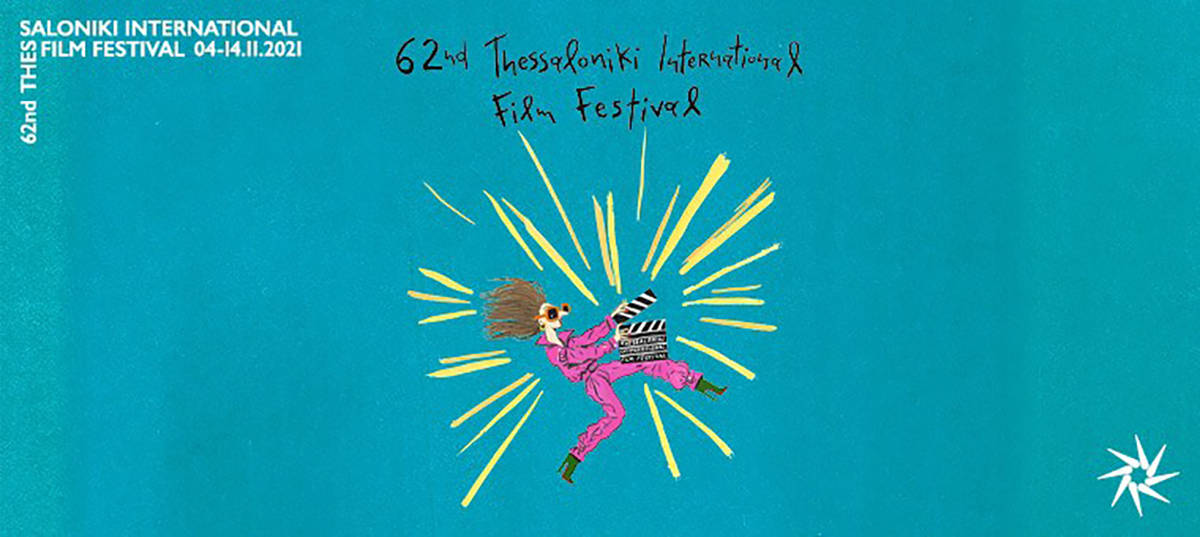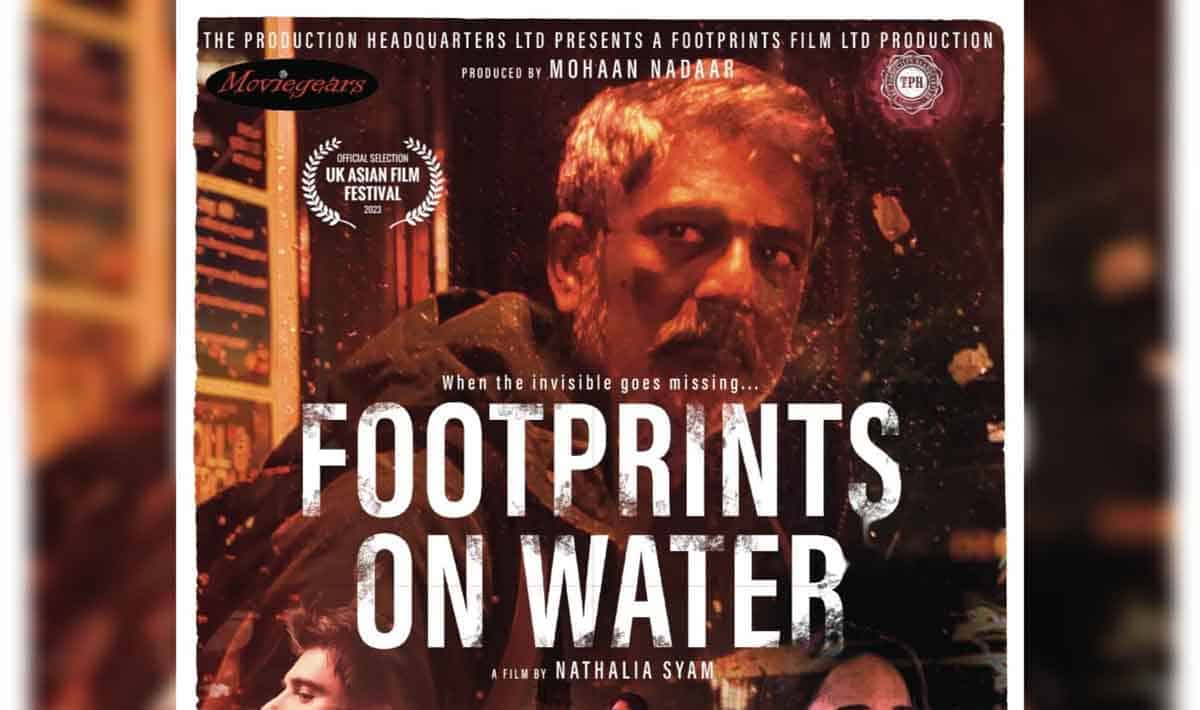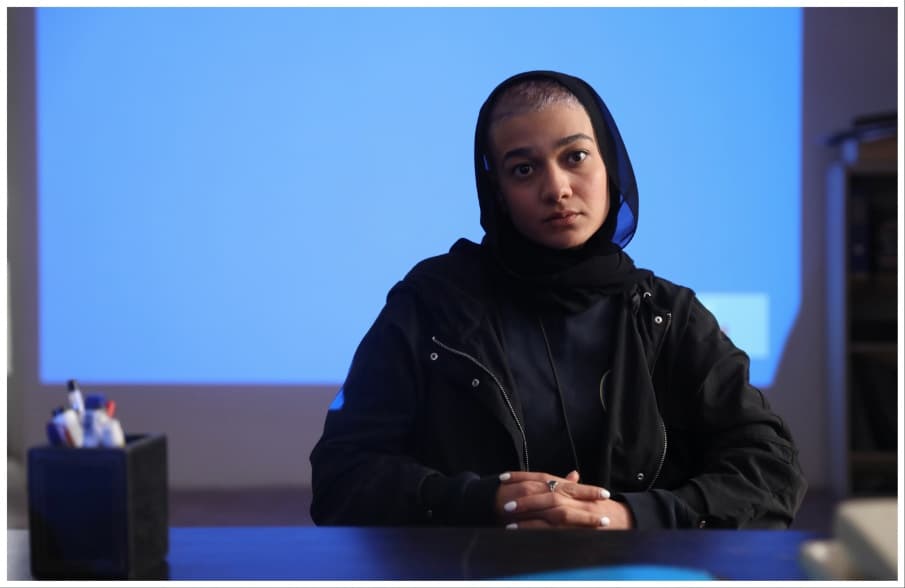It is not everyday we get to watch a Greek production about Filipinos in Greece, and even more, one that looks as a Filipino film at least as much as a Greek. Araceli Lemos, however, has managed to do just that, in a movie that is as weird as it is intriguing, and captivating on occasion.
“Holy Emy” is screening at the 62nd Thessaloniki International Film Festival

With their mother having returned to the Philippines after some mysterious incidents in the house she used to work as a domestic help, sisters Emy and Teresa are left to fend for themselves for the most part, with the help of an aunt, Linda, and the Filipino Catholic community in Athens. Teresa works at a fish seller's and she tries to convince the owner to hire her sister also, but Emy has an unusual condition that causes her to shed tears of blood, which ends up in a number of issues for her and her sister. As time passes, the connection between their mother's healing powers and Emy's situation come to the fore, while the girl ends up working at the same house, and Teresa becomes pregnant by a fish monger who seems to have some plans for her sister.

“Holy Emy” is a very difficult film to describe, since Araceli Lemos has implemented a narrative that combines the “distortion” of the Greek Weird Wave with the magical realism frequently met in Filipino films, in a package where religion, mysticism and even magic seems to co-exist. This almost absurd amalgam does not make fully sense, and the script is not one to answer every question, but the atmosphere of disorientation and mystery it results into works exceptionally well, essentially carrying the film from beginning to end. At the same time, the comment Lemos wanted to make on sisterhood, what is magic, what is religion, and how someone who can perform miracles would experience life in Athens nowadays, and even more, how would Greeks (or anyone for that matter) interact with her, are rather evident, and given through a combination of mystery, grotesqueness, and humor that also works excellent for the movie.
This unusual kind of artfulness, which could be described as ritualistic at times, is also evident in the technical aspects of the movie. DP Ki Jin Kim has used a number of techniques to highlight both the sisters and the setting they inhabit in a way that adds much to the overall aesthetics of the movie, with the close ups to Emy and her eyes especially, being particularly impactful. The combination with the job done in SFX results in a number of impressive scenes, with the ones in the sea, the “healings”, the baby, and the bus being truly memorable. Lastly, Lemos and Raphaëlle Martin-Hölger's editing implements a pace that seems art-house, but is actually faster while fitting the overall style of the movie to perfection.
First time actor Abigael Loma as Emy is quite convincing as the embodiment of the aforementioned extreme amalgam, with her “evil looks” in particular being rather memorable, and her discomfort and puzzlement about her situation, as convincing as the moment she realizes her powers. Hasmine Kilip as Teresa is also good in her interactions with Loma, particularly the dire ones, while the presence of Angeli Bayani and Ku Aquino add a rather welcome note of experience and quality to the whole title.
“Holy Emy” is not flawless, or even fully coherent for that matter, and if one was to examine it scene-by-scene, some faults would definitely come to the fore. As a whole, however, and in an uncanny way, it makes sense fully, and through its rather original approach results in a movie that retains interest from beginning to end while being rather entertaining throughout.















